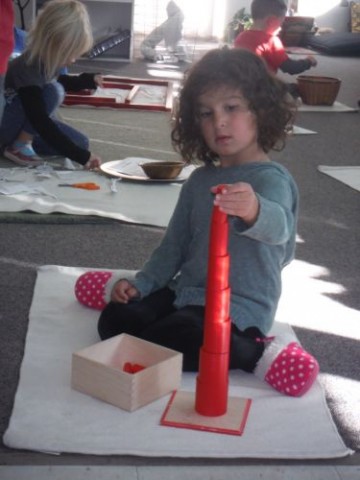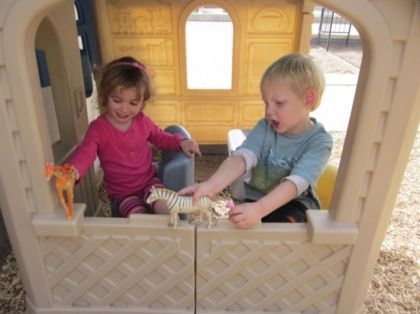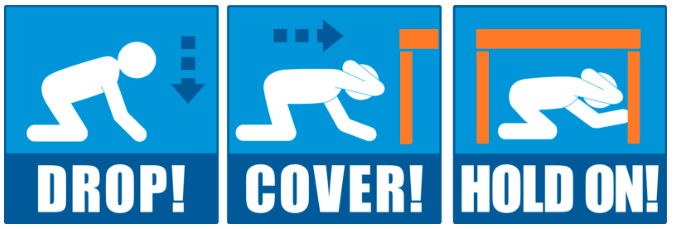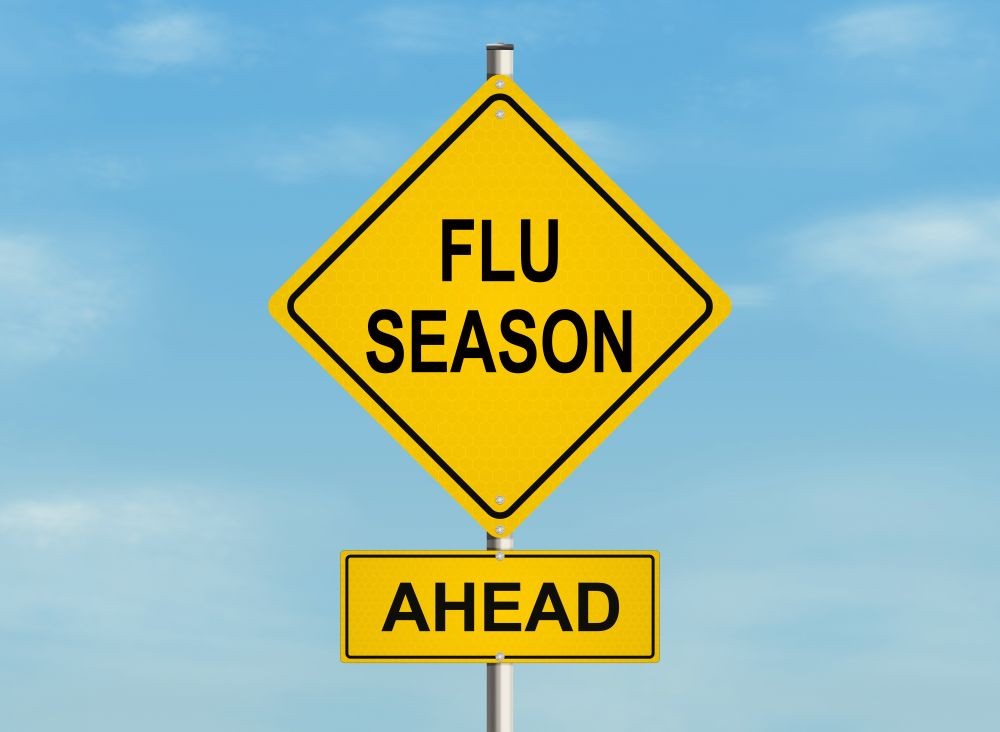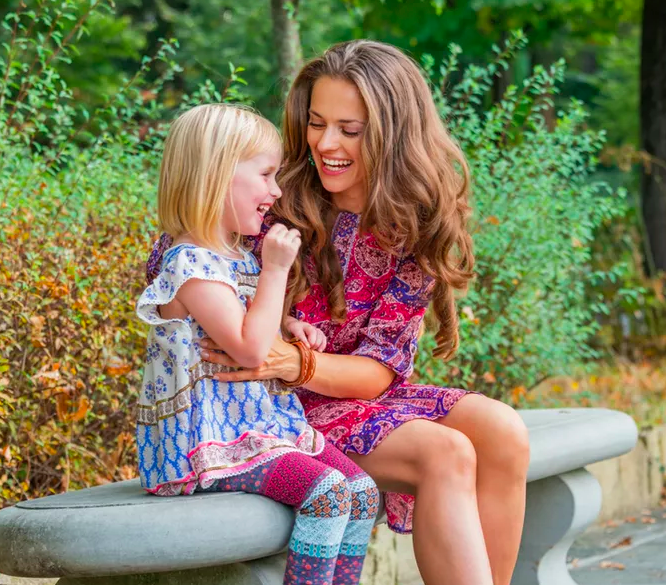Becoming a Montessori Parent
There are seven simple steps to becoming a Montessori parent. When we say simple we don’t mean that they are not challenging. It is a lot like the definition of bull riding. “The object is to keep the bull between you and the ground.” Simple – but challenging.
The first step to becoming a Montessori parent took place when you enrolled your child in a Montessori program. That in itself is a challenge. Most of us weren’t raised in a Montessori school. The whole concept is foreign and takes a bit of courage to step out of the norm and our comfort zone. We may have chosen the program because it wasn’t like our school experience (which is why we chose it.) Or we chose it because we saw something unique in a Montessori child we knew. Or we were just plain lucky and stumbled on to a Montessori school and were fascinated by what we saw. Even then we had to deal with the question, “If this is so great, how come the whole world isn’t lined up outside the door to enroll?” (Which is the same question Montessorians keep wondering about too!) But you made a complex and challenging decision to become a Montessori parent. And here you are. So how do you get the best out of your decision? You go to step two.
You begin to understand the core philosophy of what Montessori is all about. Fortunately, you don’t have to become a Montessori teacher to be a good Montessori parent. (You don’t have to know how to manipulate all of those materials and you don’t have to keep fifteen children from climbing the walls.) The most significant Montessori concept is to respect the child. I can almost hear the wheels turning “Of course I respect my child, I love them very much that’s why I have them in Montessori, I want the best for them.” Of course you love them – but respect is different. Respecting the child is first, to respect the nature of children. Children are not mini adults waiting to be molded. They are like tadpoles and caterpillars that have their own form and function of life waiting to become what they are intended to be. We are often impatient for them to become because we don’t realize that childhood – with its curiosity, playfulness, messiness and all – is part of the process of them transforming themselves into the adults they will become. We have to respect that process – which doesn’t mean they always get to do what they want. One of the operative words in Dr. Montessori’s writing is the word “train”. We do need to train our children but we need to train ourselves “not to destroy that which is good” in the nature of our children. The second part of respect is to respect the personality of your child. Your child is not a blank slate. They are already imbued with the unique characteristics of who they are. The artistic bent is already there. The math bent is already formed. The leader, the follower, the giver, the taker, the extrovert, the introvert are already dna’d into your child. Right or left handed, right or left brained are already formed. So how do you cooperate with nature? You become an observer.
That is the next step in becoming a Montessori parent – you train yourself to observe. What does your child gravitate to? What gives them great joy? What occupies them endlessly? These are all clues to who your child is becoming. You are fortunate that you have a trained helper in your child’s Montessori teacher. Your next parent conference should ask more than what has she done but who do you see her becoming. It is hard to cooperate with nature if you are not aware of the nature of your child.
Our third step is to become their champion. I know. I hear you say, “Of course, I’m their champion. I love them.” And so you do. But are their goals your goals? Translation: Do you have goals for them that do not take into account who they are. (There are many jock fathers who do not have jock sons.) Yes, you have many wonderful goals for them to be caring and loving, honest and faithful, upright, truthful, etc – and these are worthy, significant and meaningful goals which they should attain to. But the expression of their lives – career, vocation, work – is best met and fulfilled according to their gifts. When your five year old says, “I want to be a fireman.” He may be reflecting the latest book or television program he’s seen. However, if you continue to ask the why questions, “Why do you think that would be a good job? Why do you think that you would enjoy that?” you may discover that your child is not drawn just to the excitement but to the fact of wanting to help people or he likes the aspect of being part of a team. All are important clues to his personality. Your child needs you to champion and encourage his personality (especially, if it is different than yours.)
The fourth step is to practice what they learn at school – grace and courtesy. Please and thank you, may I, excuse me, please forgive me and a host of other considerations practiced (and modeled) at home will go a long way to giving your child every advantage in life. People respond favorably to a child with great manners.
Fifth, practice independence. Independence is the ability to be self-governing and that comes from making choices, living with the consequences and having responsibilities. As often as possible give your children choices. “What do you want for breakfast, cereal or eggs?” “Do you want two spoonfuls of carrots or one?” (Don’t offer choices where there are no choices. “Do you want carrots? They say no and you serve them anyway.) Give your children chores they can accomplish – making their beds, putting dirty clothes in the laundry, dishes in the dishwasher, etc. Chores build responsibility; responsibility builds independence; independence builds confidence.
Sixth, give them the gift of time. Give them time to accomplish their chores. Give them time to be children. Give them time to breathe. Give them your time.
Seventh, practice humility. They have a lot to learn from you. What is easy for you as an adult is mystifying and beyond challenging for them. Let your words be seasoned with grace. Look for the good in what they do. Their motives are often pure; their actions imperfect. Yet, we have a lot to learn from them also. And when you are wrong (when, not if) practice the humility of saying, “Please forgive me.” It will not destroy your authority or their respect for you. It will teach them one of the great lessons of life – when you fail, whether it’s in a relationship, school, career or life – own the failure and start over again – to succeed another day.
Becoming a Montessori parent is to become the best parent you can be.
-Edward Fidellow

